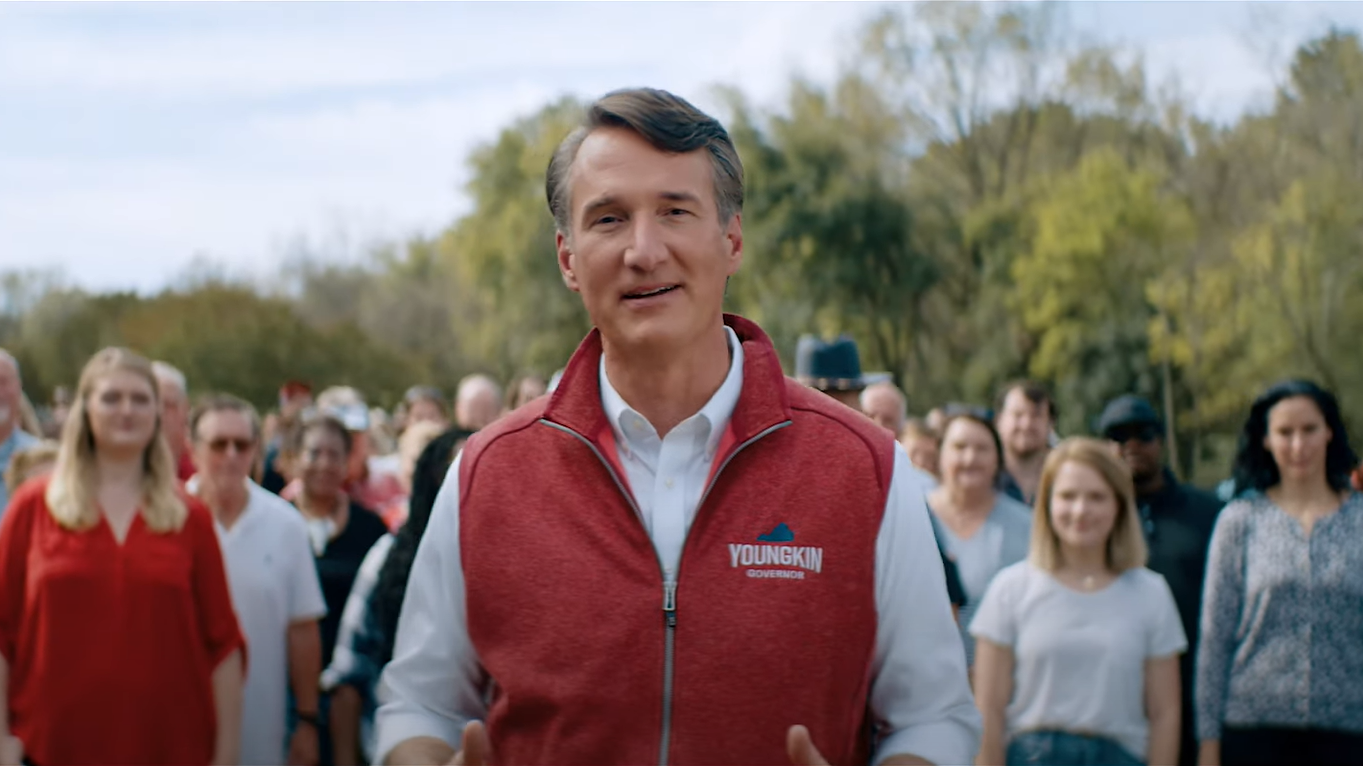
Press Release | Competitive Enterprise Institute
Governor-elect Glenn Youngkin announced his intention to withdraw the Commonwealth of Virginia from the Regional Greenhouse Gas Initiative (RGGI), a pact of 11 states requiring power plants inside those states to purchase “allowances” to emit a determined amount of carbon dioxide.
Governor-elect Youngkin said, “RGGI describes itself as a regional market for carbon. But it is really a carbon tax that is fully passed on to ratepayers. It’s a bad deal for Virginians. It a bad deal for Virginia businesses.”
Last week, CEI released a new study by senior fellow Marlo Lewis “Why Carbon Taxes Are Anti-Growth, Anti-Consumer, and Politically Dangerous for Conservatives,” which found a carbon tax is unnecessary, harmful to growth, and certain to raise prices on consumers when inflation is already high.
Director of CEI’s Center for Energy and Environment Myron Ebell commended Youngkin’s announcement:
“CEI congratulates Virginia Governor-elect Glenn Youngkin for announcing his intention to withdraw the Commonwealth of Virginia from the Regional Greenhouse Gas Initiative (RGGI) when he takes office next month. Governor Ralph Northam’s unilateral decision in July 2020 to join the compact of eleven northeastern states has already raised electricity prices and that is just the beginning.
“RGGI is essentially a CO2 tax on fossil fuel energy that will raise electric rates for consumers indefinitely and make the grid less reliable.
“Governor-elect Youngkin made it clear that he fully understands the negative effects of staying in RGGI. He could also add another reason for withdrawing Virginia: it is a compact between states that is unconstitutional under Article I, Section 10, Clause 3 of the Constitution, which states clearly that ‘No State shall, without the Consent of Congress, … enter into an Agreement or Compact with another State….’”


